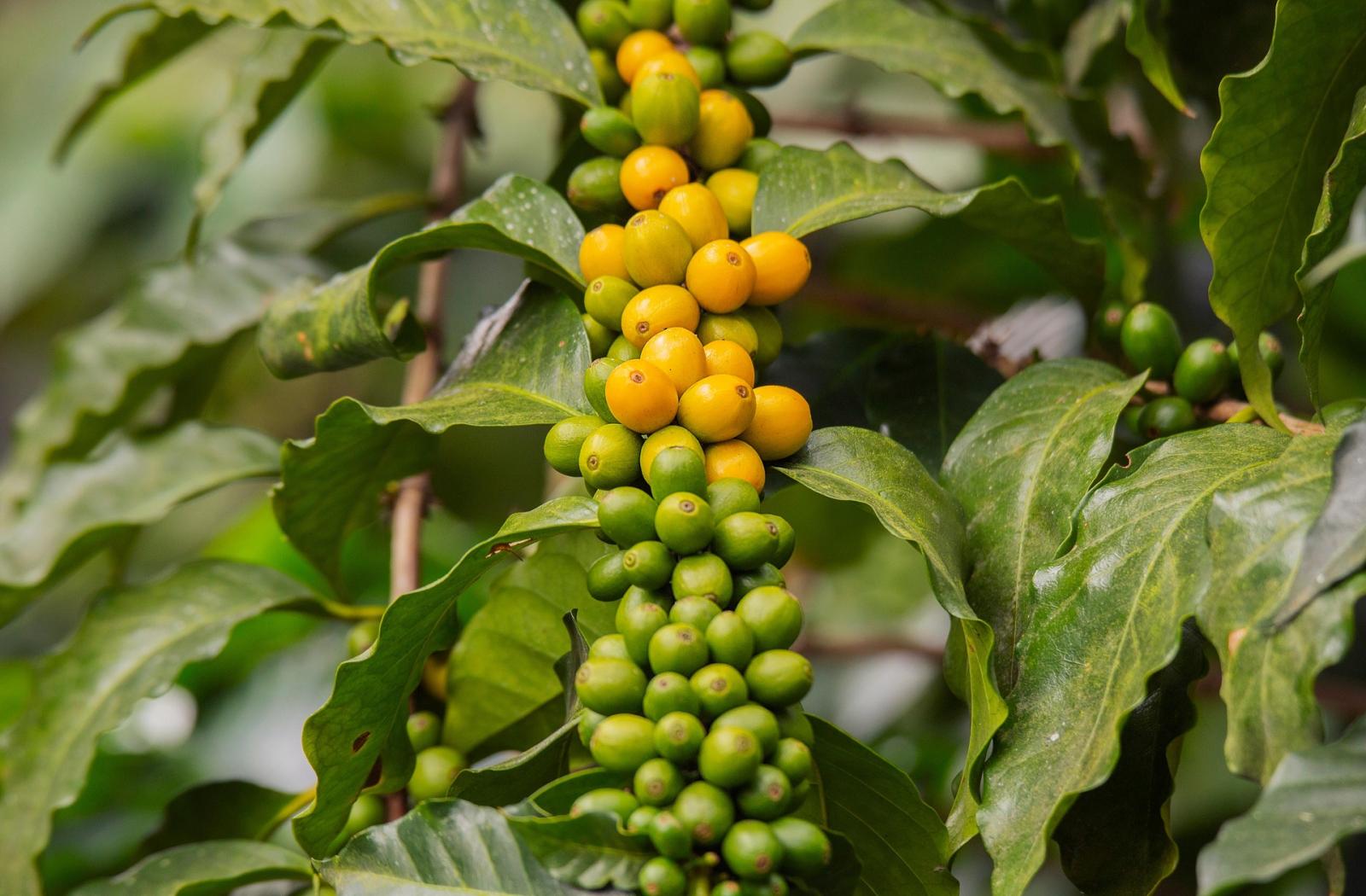A blog by Collin Zhuawu, Economic Adviser on Multilateral Trade in the International Trade Policy Section of the ÌÇÐÄ̽»¨, exploring the European Union’s environmental agenda and its implications for Sub-Saharan African (SSA) countries.

The European Union’s Deforestation Regulation (EUDR), introduced in June 2023, is a landmark policy designed to combat global deforestation by limiting the trade of products associated with deforested or degraded land. The EUDR focuses on seven key commodities: palm oil, cattle, soy, coffee, cocoa, timber, and rubber - all of which play a vital role in the economies of numerous SSA countries. The regulation requires that any products imported into or exported from the EU must be free from deforestation and fully compliant with the legal frameworks of their country of origin. This includes meeting standards related to environmental protection, sustainable forest management, and biodiversity conservation.
As a key component of the EU’s wider environmental agenda, the regulation carries important consequences for Sub-Saharan African (SSA) countries, many of which are leading exporters of the commodities it targets. ÌÇÐÄ̽»¨ publication titled ‘The EU Deforestation Regulation: Implications for Sub-Saharan Africa’ offers an in-depth analysis of the key challenges and potential opportunities that SSA countries may encounter in response to the regulation. This paper will be highlighted to trade ministers at the upcoming Commonwealth Trade Ministers Meeting (CTMM) in June 2025.
Economic Impact on Sub-Saharan Africa
The economic impact of the EUDR on SSA could be substantial. The region risks losing up to $11 billion in annual export revenue if SSA countries are unable to meet the regulation’s requirements. Commodities such as cocoa, coffee, and rubber are especially at risk, given the EU’s role as a key trading partner. For example, Table 1 shows that more than 59% of Africa’s cocoa exports and 41.6% of its coffee exports are destined for the EU. Failure to comply could result in major revenue losses and economic disruption for countries that depend heavily on these exports.
Table 1: Trade value of Africa’s exports of relevant commodities and their derivatives to world and EU, average 2021–2023

Source: Author’s computation based on data from ITC Trade Map (2024)
Challenges in Compliance
Meeting the requirements of the EUDR poses significant challenges for many SSA countries. A large portion of agricultural production in the region is driven by smallholder farmers, who often lack the financial resources, technical capacity, and infrastructure needed to comply with the regulation’s strict standards. Operating in remote areas with limited access to technology and information, these farmers face difficulties in adopting traceability systems and other necessary compliance tools.
Although some countries, such as Ghana and Ivory Coast, have begun developing regulatory frameworks and traceability systems - particularly in the cocoa sector - enforcement remains weak. These systems must be expanded and reinforced to achieve full alignment with EUDR standards.
Opportunities for Sustainable Development
While the EUDR presents notable challenges, it also offers valuable opportunities for sustainable development in SSA. By encouraging more sustainable agricultural practices and improved forest management, the regulation can contribute to biodiversity conservation and greater climate resilience. Countries that achieve compliance may gain a competitive edge in the EU market, enabling them to expand market share and grow their exports, and should be better placed to attract increased foreign investment in sustainable agriculture and forestry. This also places them on a better footing to compete in other markets if similar regulations are introduced in those markets in the future.
To fully realise these benefits, African governments must prioritise investments in capacity building and infrastructure. This includes offering technical and financial assistance to smallholder farmers, strengthening regulatory systems, and improving enforcement capabilities. Support from the international community, particularly the EU, will also play a vital role in helping African countries meet the EUDR’s requirements and unlock its potential advantages.
Looking ahead
The EUDR marks a major advance in the global fight against deforestation, but its implementation presents serious challenges for SSA. The region’s capacity to meet the regulations’ requirements will be a critical factor in shaping its future economic stability and growth. However, by committing to sustainable practices and reinforcing regulatory frameworks, SSA countries have the opportunity to transform these challenges into pathways for sustainable development and long-term economic resilience.


